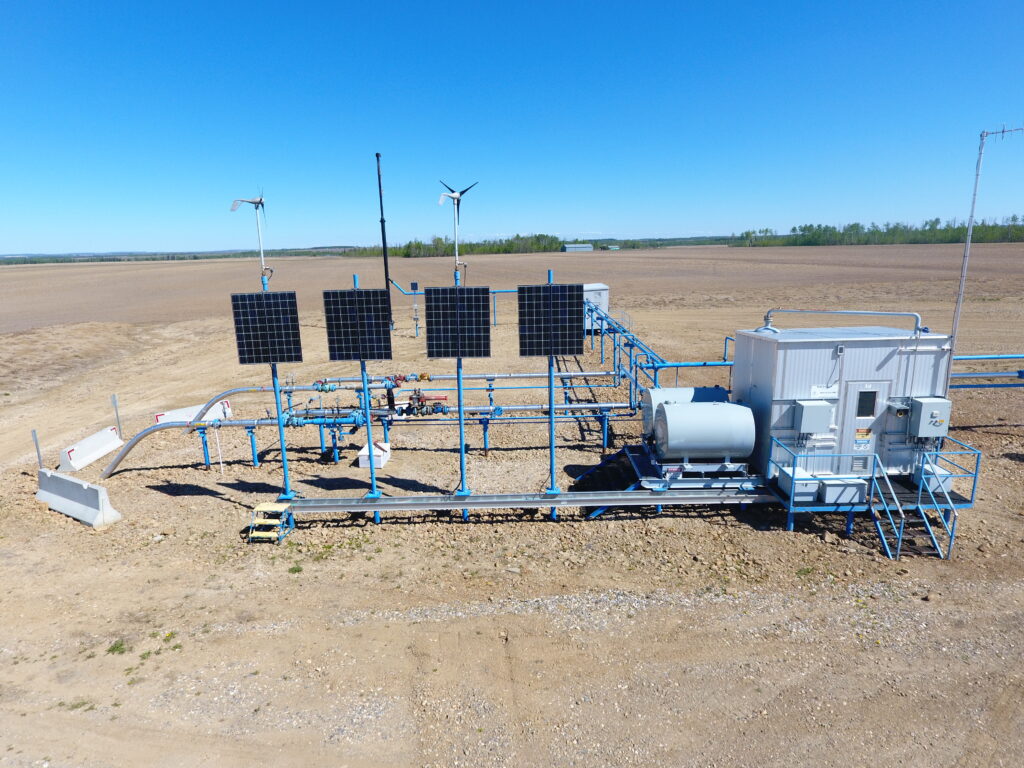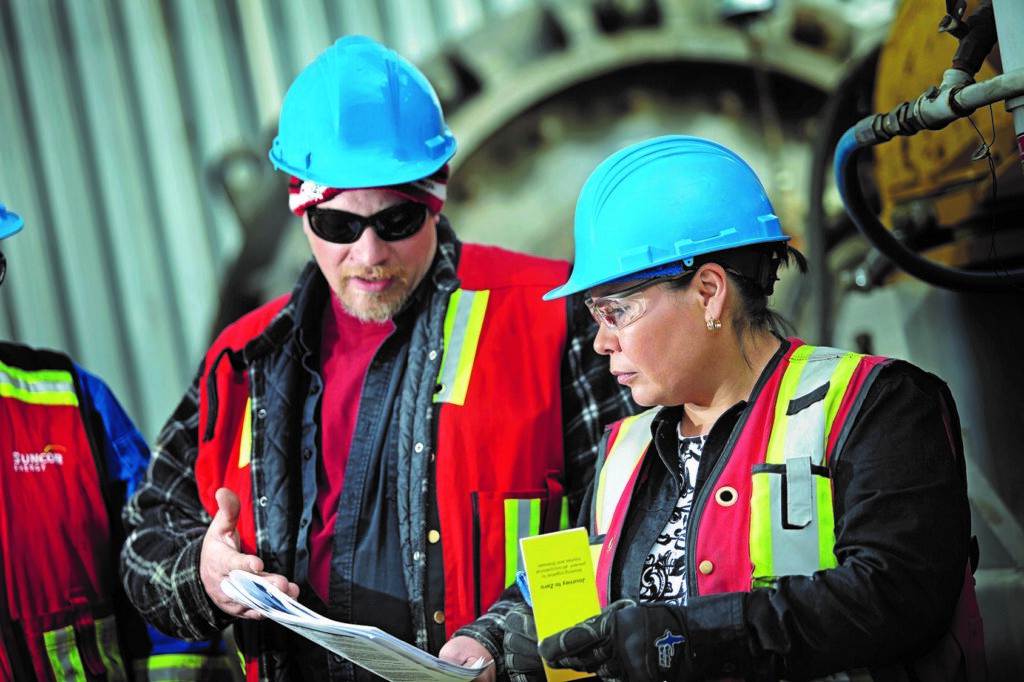In 2020, CAPP’s Executive Committee of the Board endorsed CAPP’s climate positions.
The following are a set of eight climate positions taken by Canada’s upstream oil and natural gas industry. These are meant to enable industry to be an effective solution provider, meeting the challenge to mitigate climate change through innovation, collaboration and globally competitive strategies.
1. Oil and gas sector’s role in global energy
We recognize the importance of delivering reliable, affordable, responsibly produced energy that addresses important social and environmental issues, including climate change.
We believe Canadian oil and gas has a critical role to play in the integrated energy systems and is part of the global solution needed to tackle the global climate challenge.


2. Climate change
Climate change is a serious and real issue. Our industry is well positioned with expertise in both science and technology to reduce emissions. The global collective challenge is to reduce GHG emissions while also meeting growing demand for affordable and reliable energy.
3. Climate policy development
CAPP will engage in constructive, solutions-focused dialogue with governments and other stakeholders and partners to develop sound policies that achieve global emissions reductions in the most efficient, cost-effective way.
CAPP can contribute data driven evidence-based analysis and operational expertise to inform the development of policy pathways that can lead to further emissions reductions.
CAPP will do this in accordance with CAPP’s Climate Policy Principles:
- Collaborative and solutions-oriented
- Efficient, effective, and predictable
- Technology and innovation focused
- Globally competitive
We will work with governments to meet both emissions reduction objectives and the ambition of the Paris Agreement, to which Canada is a signatory, as a global framework for addressing the risk of climate change. This includes defining net zero and the most efficient and cost-effective manner to achieve it with the least impact to society.
Any pathway to net zero includes the efficient use of oil and natural gas. Considerable investment in technology and innovation at scale will be needed, including negative emissions technologies such as carbon capture, use, and storage. This offers important opportunities for industry to contribute given our expertise in these areas.


4. Solutions focused
CAPP and its members support innovative, collaborative solutions that lower greenhouse gas emissions while meeting the world’s growing need for abundant, low cost reliable energy.
CAPP contributes operational expertise and analysis to help governments develop practical and operationally viable climate policy solutions.
5. Emissions reduction
CAPP’s members support implementing and developing measures to achieve a lower-carbon global energy system. Some notable areas are:
- Innovation and research and development to reduce emissions.
- International and domestic offsets including those from nature.
- Development and deployment of carbon capture use and storage.
- Improving the efficiency of our existing facilities.
Carbon pricing can be an effective way to reduce emissions by reducing use of oil and natural gas. Our industry has experience with carbon pricing. CAPP and member companies support climate policies that efficiently and effectively manage GHG emissions while protecting our competitiveness to maintain a vibrant oil and natural gas sector.


6. Stable business environment
A stable and globally competitive business environment for all enhances investment, creates jobs, promotes innovation, and enhances our ability to reduce emissions.
7. Innovation and partnership
CAPP will continue to work with governments and other stakeholders to accelerate the adoption and deployment of technology to lower emissions and enable Canada to drive global action by exporting our resources and solutions to the world.
By collaborating and working together, we can accelerate innovation and develop technology that reduces emissions while delivering responsibly produced energy to meet growing energy demand. CAPP members and organizations such as COSIA (now part of Pathways Alliance), NGIF, PTAC, BC OGRIS, and CRIN are working together and with the clean tech sector to accelerate environmental performance and reduce emissions. Policy should incent investment in innovation and breakthrough technologies at scale to further decarbonize the energy system.


8. Performance
CAPP and its members will demonstrate action by measuring our progress, using consistent and transparent measurement methodologies across the industry.
Continuing to improve our emissions performance over time is one way we support Canada to work towards a cleaner energy system that includes a thriving oil and gas sector, creating prosperity and jobs while protecting the environment. The oil and natural gas producers in our country are making meaningful reductions to both greenhouse gas intensity and methane emissions.
Policy principles
- Collaborative and solutions-oriented
- Given Canada’s climate commitments and industry impacts, CAPP will proactively collaborate with governments and stakeholders towards appropriate policy solutions.
- Policy solutions need to truly drive improvements in environmental performance, be adaptive and carefully consider environmental, economic, and social outcomes.
- Efficient, effective and predictable
- Climate policy should target reductions where they are most efficient and effective right across the entire energy value chain from production to end use and considering fairly all sectors and jurisdictions.
- Climate change policies should achieve emissions reductions at the least cost to Canadians, the economy and industry.
- Revenues from climate policy should be fully recycled back into the economy to incent innovation, assist transition or reduce other taxes and levies.
- Technology and innovation focused
- Policy should incent technology and innovation to address climate change, and capture the opportunity to export solutions to the world.
- Considerable future emissions reductions will stem from improving the hydrocarbon energy sector requiring continuing strong innovation and policy in these areas.
- Globally competitive
- Canada’s climate policies must ensure our resource development is cost and carbon competitive with other jurisdictions, especially the U.S. as our largest trading partner.
- Canada’s climate policy leadership should bring proportionate benefits to Canada, including ensuring we receive full value for Canadian energy products through effective access to global markets.
- Canada is highly dependent on the development and trade of its natural resources, and on its ability to attract foreign investment. Canada’s climate policies must be designed to maintain our ability to raise global investment capital.
